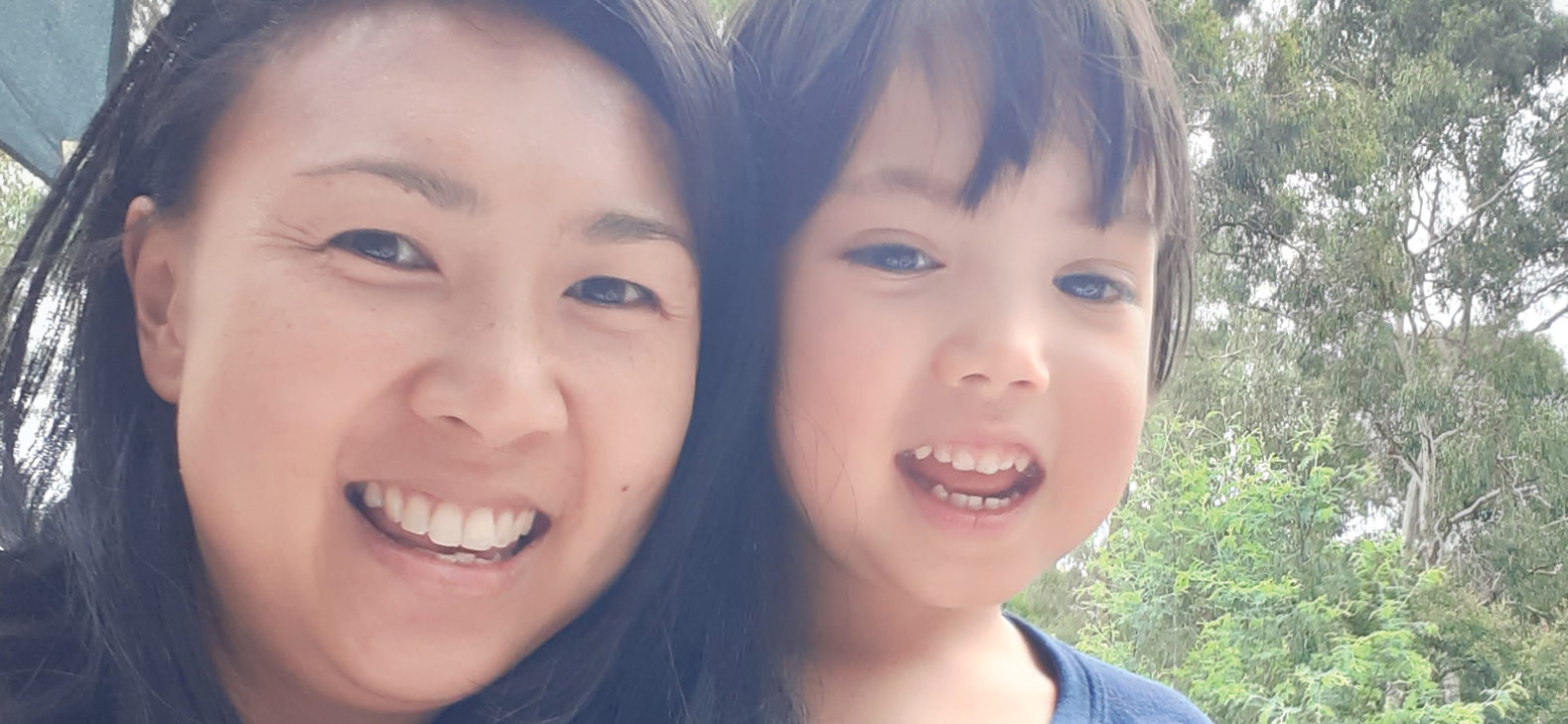When Myra’s role grew from being a new mother to also becoming the mother of a child with a disability, her understanding of self-care changed as well. “My son was the catalyst for me to experience unconditional love – not only for him but eventually for myself too. Self-care has become a daily practice, a tending to, and I am continually learning how to meet my needs as they change and evolve.”

As a new mother, I always heard the term “self-care” thrown around and all the advice that came along with it. Advice such as: sleep when the baby sleeps, and the oxygen mask analogy (put on yours before you put one on for your child). But it was always so much easier said than done. It became advice I felt I didn’t need.
Then I became a mother of a child with a “disability” and there was so much more advice. I could sense the intensity and the need for it. I was listening now.
“Self-care” became a task on my to-do list. I would pick and choose from the “self-care” ideas and schedule in dates with friends, book in the occasional massage and attend a yoga class. Tick, tick, tick, I would go through them with the mixed emotion of guilt for taking time out and the dopamine hit of completing something. For a long time, that’s what self-care meant to me. Another thing to “do”. But why did I feel like I was never doing enough?
My journey of true self-care began when I met all the things that got in the way of caring for myself. I discovered my people-pleasing nature and how I had always sacrificed my comfort for others. This was how I showed my love, and inadvertently expected the same from others. I could see how I was doing this automatically for my son – sacrificing my own needs for his. I held unrealistic benchmarks for myself to “be worthy” of love and care. I had believed that I was most valued and appreciated when I was “doing” and “achieving”, but what about when I felt like I wasn’t doing or achieving anything? I had left my marketing job and had become a full-time mum and carer to a child that hardly slept, was inconsolable at times and wasn’t developing like other children. Not to mention the clunky system and processes of the disability world that I didn’t understand. I wasn’t earning any money, and it definitely didn’t feel like I was achieving anything. My life as I knew it had completely changed. I felt overwhelmed, out of my depth and failing as a mother. I knew I had to do something to gain back some control in my life.
I didn’t want my son to grow up learning that he needed to be anything other than he is in order to be loved. If he didn’t contribute to society like everyone else, would he still be worthy of love and care? Of course he would. I wanted him to love himself for who he is. He was born worthy of love and care, no matter what. Doesn’t that mean I am too? This learning struck me deeply. My son was the catalyst for me to experience unconditional love – not only for him but eventually for myself too. Through this process, I realised that the love and care I pour into myself, I indirectly pour into him too. He gets to experience my joy. My marriage has also deepened as a result. Self-care is no longer something I do and “get done”. It has become a daily practice, a tending to, and I am continually learning how to meet my needs as they change and evolve.
I know every carer has the added complexity of taking care of someone else with big needs, and it can be easy to lose ourselves in this role. But sometimes, the process of losing yourself allows you to find a new and improved version of yourself. I’ve found a version of myself where I can be more myself than ever before. I think my journey as a carer has been just that.
 Free Call 1800 514 845
Free Call 1800 514 845
 Contact Us
Contact Us
